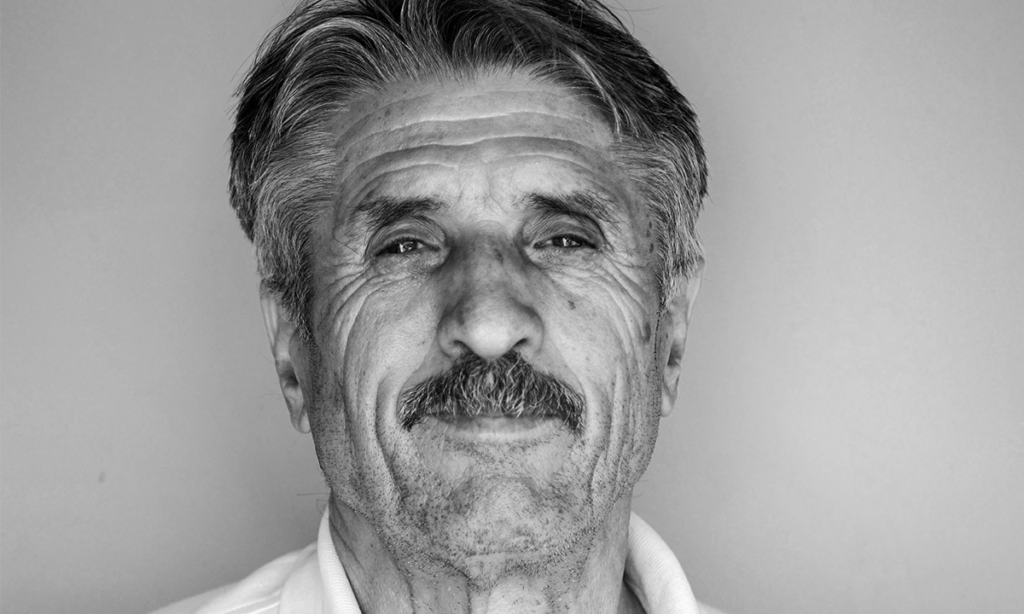
Consideration of report by the Office of United Nations (UN) High Commissioner for Human Rights (OHCHR)
Recently, the OHCHR released a document that combined the twenty-second through the twenty-fourth periodic reports of the Netherlands. The topic that the OHCHR dealt with were primarily about the colonial history of the Netherlands. These topics were discussed by the Committee on the Elimination of Racial Discrimination with the Dutch delegation. The delegation consisted of representatives of the Dutch Ministries of the Interior and Kingdom Relations, and with a further representation from education, culture and science, social affairs and employment, justice and security. The authorities of Aruba, Curacao and St. Maarten were also represented. The report was presented by Mr. Carsten Herstel, Director-General Social Security and Integration of the Dutch Ministry of Social Affairs and Employment.
The government recognizes the need to step up
In his opening remarks, Herstel stressed that the Dutch authorities are aware of the need to step up the effort to combat discrimination and racism. In this context, a national coordinator for combating discrimination and racism will be appointed, someone who will launch a new action program. The government intends to prevent and combat discrimination on all legally recognized grounds and to pay more attention to intersecting forms of discrimination. In particular, the government is focusing on specific manifestations of racism, ethnic discrimination, xenophobia, and related intolerance. The government also wants to prevent and combat discrimination based on origin, skin colour, religion, anti-Muslim, anti-Semitism, and discrimination against Roma and Sinti.
Differences between immigrant and non-migrant groups are narrowing
Herstel first noted that the Netherlands has a very diverse society. Many aspects of which are functioning well, and the differences between immigrant and non-migrant groups are narrowing. During this dialogue between the Commission and the Dutch delegation, a member of the Commission noted that the Dutch population values inclusion and non-discrimination. The UN Special Rapporteur on racism, racial, discrimination, xenophobia, and related intolerance is also defined that they were satisfied with the policies implemented so far.
Despite the positive development, there is still a failure in the Netherlands
It must also be acknowledged that the laws, politics, and dedication of the Netherlands are not always sufficient. One member of the Commission lamented that the approach to colonialism in the Netherlands remains very European. He adds that people of African descent are regularly the victims of hate speech in the Netherlands. The scars of slavery are slow to heal. This further questioned whether the government intends to pass a law to recognize the slave trade as a crime against humanity. It was also noted that when it comes to colonization, an expression of regret is not the same as an apology. Nevertheless, the committee praised the Rijksmuseum’s exhibition on slavery and colonization in Amsterdam.
Questions & Comments from the Commission
Commission members asked questions to the Dutch authorities about their activities in regards to the International Decade for People of African Descent, as well as the education of the population on colonization and the slave trade. An expert questioned whether the Netherlands planned to celebrate the twentieth anniversary of the World Conference against Racism, which took place in Durban in 2001.
Dutch colonial history is taught as part of the national history course. The Dutch delegate replied, adding that authorities are preparing a comprehensive program for the second part of the International Decade for the People of African Descent. In addition, a policy framework for the return of objects, “taken in a colonial context” has recently been established. The current Prime Minister decided that the government will not make a national apology for colonization. Therefore, restitution payments for the Caribbean part of the Netherlands are not on the agenda. However, the delegation recalled that in 2013, the government did express regret and remorse for the way the Netherlands ‘managed human dignity’ during colonization.
Fight against discrimination
The committee recognized the various positive aspects of the fight against discrimination in the Netherlands, in particular, the commitment of the Dutch authorities to the principles of equality and non-discrimination. Diversity of the Dutch population, inclusion and non-discrimination are indeed highly valued. In contrast, it cannot be said that the majority of Dutch society includes ‘the others’. Dutch society remains fractured and members of the cultural and religious minorities in the Netherlands continue to be discriminated against.
Sources
Examen du rapport des Pays-Bas : les questions liées à l’histoire coloniale sont particulièrement débattues devant le Comité pour l’élimination de la discrimination racial: https://www.ohchr.org/FR/NewsEvents/Pages/DisplayNews.aspx?NewsID=27390&LangID=F
